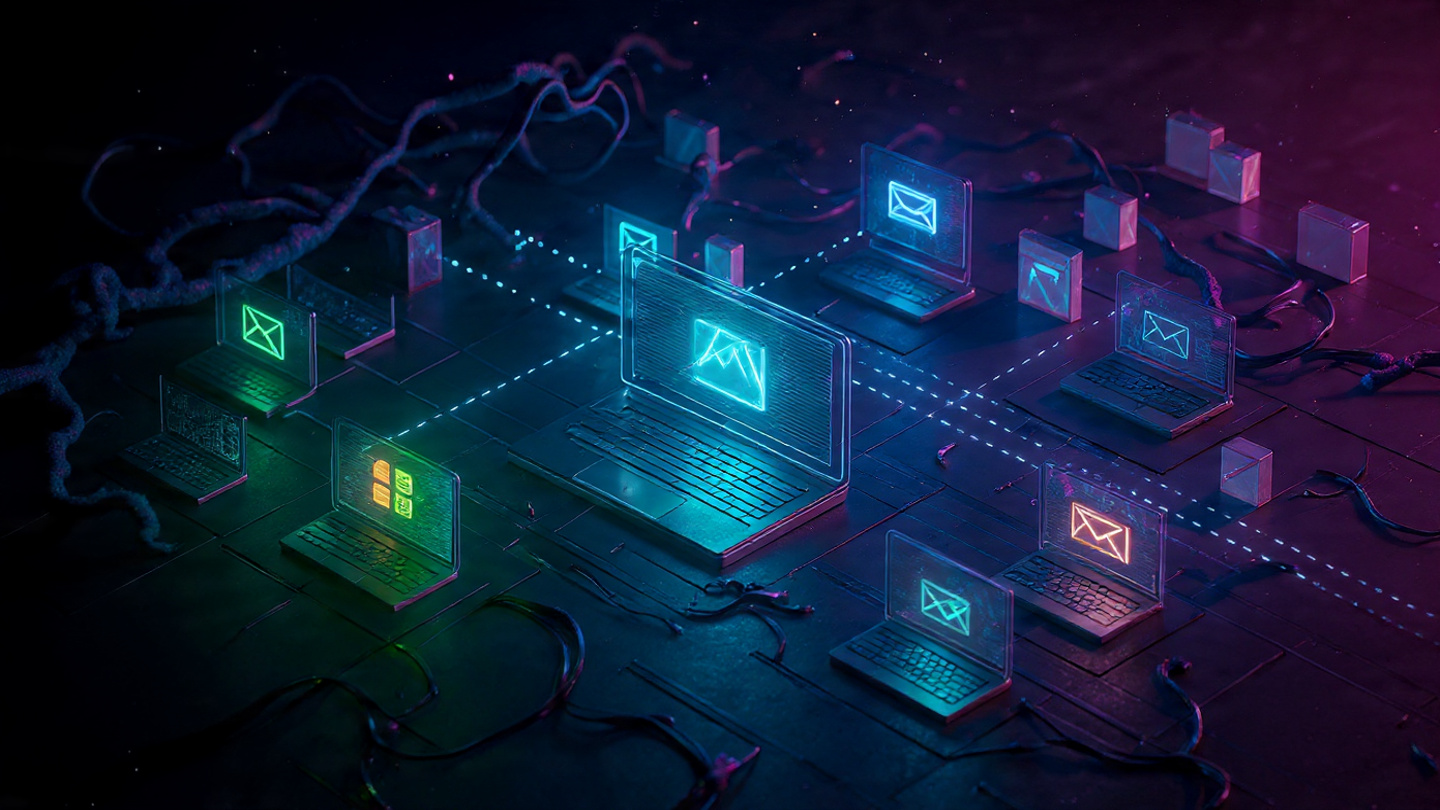Introduction
Identity lies at the heart of every security investigation. As attackers increasingly target credentials and user accounts, security teams require tools that not only alert on threats but also facilitate rapid understanding and response to identity-based risks. The strategic integration between Command Zero and Okta Identity Threat Protection (ITP) represents a transformative advancement for security operations teams.
Bridging Investigation and Identity Context
This integration empowers analysts to instantly correlate identity risk signals from Okta with broader security investigations in Command Zero. The result is a unified workflow that seamlessly combines identity insights, threat intelligence, and automated response capabilities.

With this integration, security teams can:
- Launch investigations from Okta risk alerts: When Okta ITP detects risky sign-ins, behavioral anomalies, or policy violations, these signals become immediately actionable within Command Zero. Analysts can initiate comprehensive investigations autonomously (via policy) or with a single click. Investigations automatically incorporate user details, device context, and historical activity patterns.
- Correlate identity events across the security stack: Command Zero aggregates data from Okta and other sources, providing visibility into how identity interactions manifest across cloud environments, email systems, endpoints, SaaS and additional security infrastructure.
- Facets: Leverage automated investigation workflows: Pre-built and customizable workflows guide analysts through identity-centric investigations, ensuring consistent and thorough response procedures. Automated sequences can trigger critical actions including session termination, multi-factor authentication challenges, or incident escalation.
- Access comprehensive user risk profiles: Analysts can instantly review crucial contextual information including usernames, user titles, group memberships, device inventory, MFA settings and previous investigation history—providing essential context for informed decision-making.
Operationalizing Okta Identity Threat Protection
Identity-based attacks—including phishing, credential stuffing, and session hijacking—remain predominant vectors for data breaches. Okta's Identity Threat Protection continuously evaluates user sessions, risk signals, and device context to detect threats in real time, not merely at the login stage. By integrating these signals into Command Zero, security teams can:
- Accelerate response to identity threats with enhanced confidence
- Investigate across complete user journeys, seeing the complete impact radius
- Decide which remediation actions to take based on the full picture
The 2025 Verizon Data Breach Investigations Report highlights that 22% breaches involve credential abuse, while likely all breaches touch identities at some point of execution. The integration between Okta and Command Zero removes the potential blind spot around identities and turns identity threat alerts into actionable intelligence.
Sample Investigation Flow
The integration allows streamlined processes to make the most of Okta’s identity insights. Here is a sample operational flow:
- Okta ITP identifies a risky event (anomalous sign-in, device risk, policy violation)
- Alert data and comprehensive user context are transmitted to Command Zero

- The platform or analysts initiate investigations (depending on policy), automatically gathering relevant data from Okta and connected systems

- Guided workflows identify the right response, from in-depth analysis to containment actions or escalation procedures.

Level-up identity investigations
Command Zero's integration with Okta Identity Threat Protection serves as a force multiplier for SecOps teams. By combining continuous identity risk assessment with autonomous investigation capabilities, security teams can effectively counter modern threats – reducing the mean time to understand and respond to cases.
Book a demo today to see how Command Zero can transform your identity investigations.






